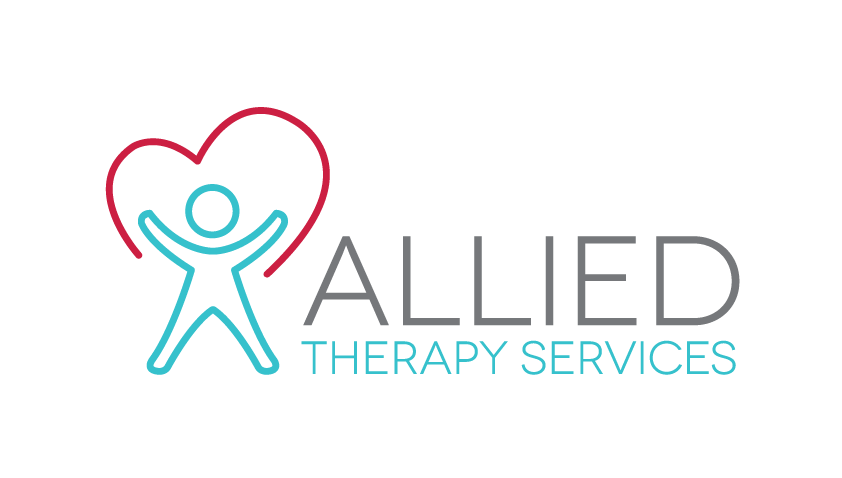What is Neurological Physiotherapy?
Physiotherapy and the neurological system
Your brain, spinal cord and nerves make up your body's neurological (or nervous) system. The neurological system controls what you think and feel, and how your body moves.
Injury to, or disease affecting, your neurological system can often result in movement and function disorders.
You may experience;
Muscle weakness or loss of movement control
Changes to your mobility
Spasticity (an abnormal increase in muscle tone or stiffness of muscle, which may interfere with movement, speech, or result in body discomfort or pain)
Reduced balance
Reduced coordination
Impaired sensation
Fatigue related to your condition
Pain.
The effects of neurological conditions like stroke, cerebral palsy, brain injury, spinal cord injury or dementia may be managed through the use of neurological physiotherapy interventions to help improve movement control and regain everyday function.
Neurological physiotherapy support may also help to slow the deterioration and secondary complications that come with having a progressive neurological condition like Multiple Sclerosis (MS), Motor Neuron Disease (MND), Parkinson's Disease (PD), Muscular Dystrophy, or Huntington's Disease.
Learn more about how physiotherapy may help improve my specific condition.
What is neuroplasticity?
Neuroplasticity is the ability of the neurological system to reorganise itself and form new connections. By teaching your brain to do something new, then repeating the process, you are harnessing the powers of neuroplasticity.
Some everyday examples of neuroplasticity in action include:
Remembering the name of someone you met yesterday
Learning a new way to get to your local shops
Understanding the rules of a new board game
Figuring out how to use your new mobile phone.
The above are everyday actions we complete, and we do so without realising their connection to neuroplasticity. They are just expected, as part of the wonderful ability of the human brain to learn something new.
How neurological physiotherapy works
Physiotherapy for neurological clients is a comprehensive process that intends to teach, guide and promote brain plasticity (Source: Physio-pedia)
The physiotherapists (physios) at Allied Therapy Services are skilled in understanding biomechanics (how the body moves) and normal movement patterns, using a variety of techniques that may help to improve your movement and function, and increase your independence.
Working with clients with a neurological condition is a passion for many of our physios, who have extensive experience and have completed post-graduate training in specific neurological physiotherapy techniques and approaches, as part of their commitment to continuing professional development.
Neuro physiotherapy interventions are based on an understanding of neuroplasticity, the brain and body’s ability to adapt and improve following neurological injury.
Neuroplastic-specific techniques used by your physio may include:
-
A technique based on an understanding of biomechanics that works toward a return to normal movements and regaining function by breaking down and practising specific tasks. Motor Relearning is a technique strongly focused on during a physiotherapist’s university training.
-
Focuses on movement evaluation and treatment. Reviews a client’s movement patterns, postural control and sensory input. Physiotherapists are required to complete post-graduate education in the Bobath Concept to become skilled in this area.
-
A stretching technique that assists clients through specific coordinated movement patterns, using stretch reflex and appropriate resistance to improve muscle function.
-
The therapeutic application of electrical stimulation to treat muscle spasms or pain. Can also be used to prevent atrophy (muscle wastage) and build strength in patients with specific injuries. Electrical stimulation may also be helpful in keeping muscles active, like after any type of spinal cord injury or a stroke.
-
Exercises to help restore your brain's ability to interpret your senses. Primarily, focused on the sense of touch.
-
Mat or reformer Pilates tailored specifically for clients with neurological injury or disease.
-
Exercise in the pool (also known as hydrotherapy) with special consideration to the physiological (body system) changes that can occur with neurological conditions and immersion in the aquatic environment.
-
Analysis and programs to improve mobility or facilitate a return to activities like sport or work.
For us collaboration on neurological conditions is key
Our physiotherapists work collaboratively with the occupational therapists and speech pathologists at Allied Therapy Services to ensure a holistic, person-centered approach to your care. We work closely together across therapies on common goals; like returning to work, the prescription of a new wheelchair, the set up and use of communication aids or positioning to improve swallowing and respiratory support.
Our neuro physiotherapy team have extensive knowledge of assistive technology which may assist to maximise your function and movement. This can include specialist gait aids, standing frames, seating options, or adaptive exercise or sporting equipment.
Many of our clients may be linked with a local health service or therapy provider or support service specific to their diagnosis. Our neuro physio team are excellent at linking in with these providers, to ensure continuity of care. From participating in telehealth team meetings or arranging specialist equipment trials, we work in together as part of the greater team to ensure the best support for our clients to remain at home.
How to refer for neurological physiotherapy supports
Access therapy supports faster and start working towards your goals by self-referring to our physiotherapy services. This means you can skip the visit to a health professional for a referral!
We accept referrals via our online referral form.
Our team can work with you across; Albury-Wodonga, Bendigo, Ballarat, Geelong, Warrnambool and the Western Melbourne suburbs. We’re a mobile service, meaning we come to you at home or in your local community.
We work with clients aged 16 years and older. NDIS, TAC, Home Care Package or private referrals accepted.


